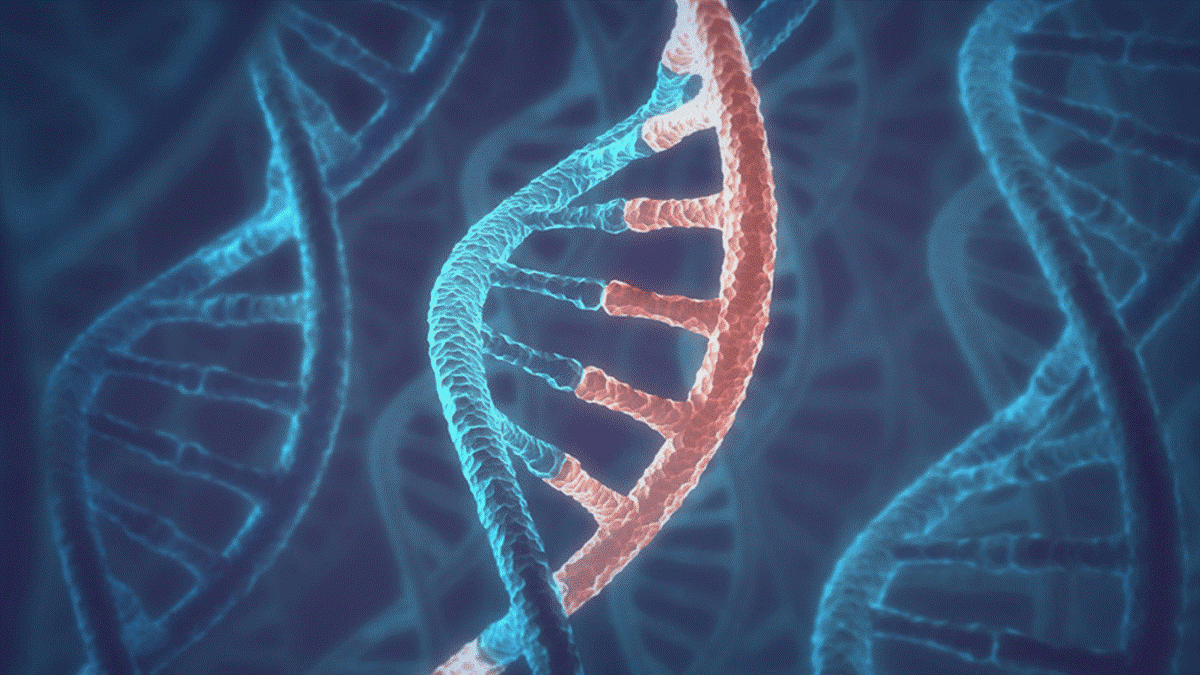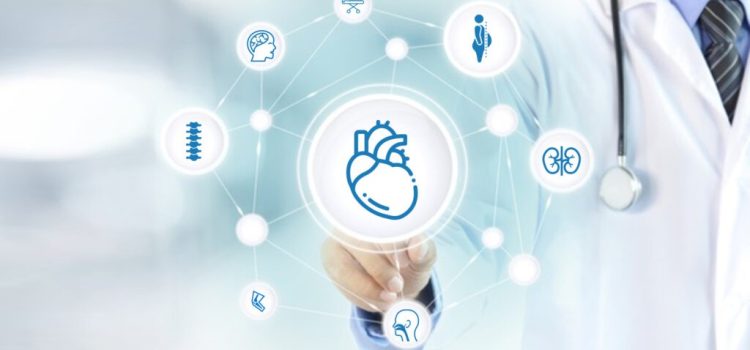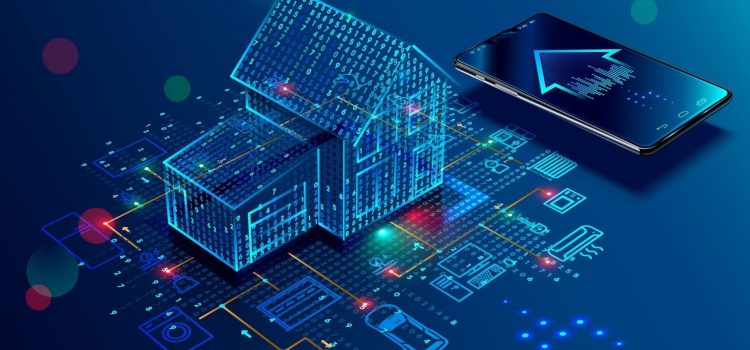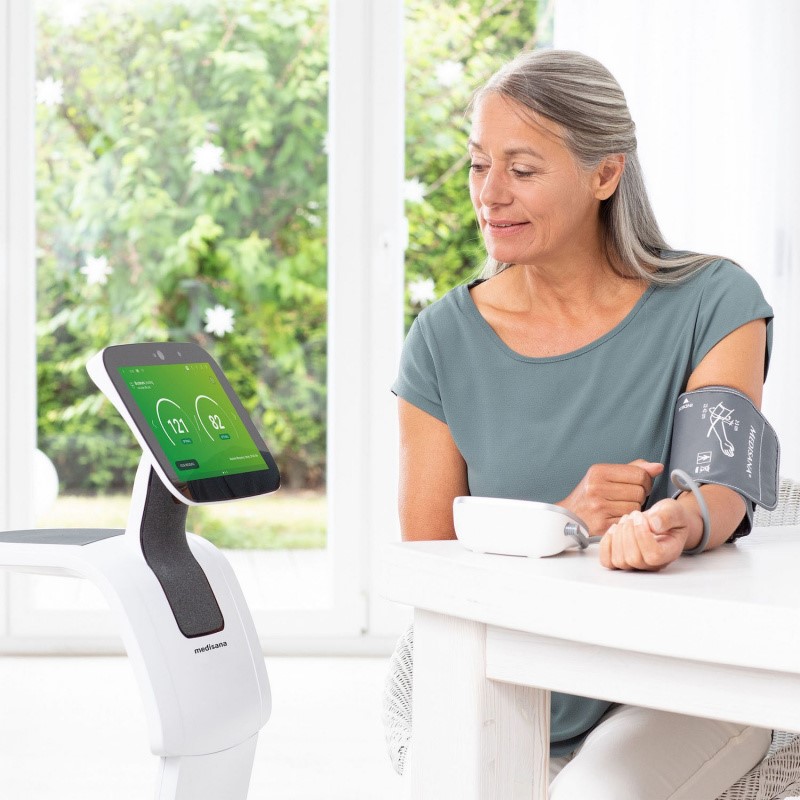
The field of health diagnostics has always been at the forefront of medical advancements, pushing the boundaries of what is possible in detecting and managing diseases. As we step into 2024, a wave of groundbreaking innovations promises to revolutionize the way we diagnose and monitor health conditions. This article delves into the top health diagnostics innovations that are set to make a significant impact this year.
1. AI-Powered Diagnostic Tools
Artificial Intelligence (AI) continues to be a game-changer in health diagnostics. In 2024, AI-powered diagnostic tools are becoming more sophisticated, offering unparalleled accuracy and efficiency. These tools analyze vast amounts of data from medical records, imaging, and genetic profiles to provide precise diagnoses and predict potential health risks.
Key Developments:
- AI-Enhanced Imaging: AI algorithms are now capable of interpreting medical images with remarkable accuracy, often surpassing human radiologists. This technology is particularly valuable in detecting early signs of conditions such as cancer, cardiovascular diseases, and neurological disorders.
- Predictive Analytics: AI-driven predictive models are being used to identify individuals at high risk of developing chronic diseases. By analyzing patterns in patient data, these models can recommend preventive measures and personalized treatment plans.
2. Liquid Biopsies
Liquid biopsies represent a non-invasive and highly effective method for detecting and monitoring various diseases, particularly cancer. This innovation involves analyzing biomarkers in bodily fluids such as blood, urine, or saliva to identify genetic mutations and other indicators of disease.
Key Developments:
- Early Cancer Detection: Liquid biopsies can detect cancer at its earliest stages, often before symptoms appear. This early detection significantly improves treatment outcomes and survival rates.
- Real-Time Monitoring: For patients undergoing treatment, liquid biopsies offer a way to monitor the effectiveness of therapies in real-time. This enables healthcare providers to make timely adjustments to treatment plans.
3. Wearable Health Monitors
Wearable technology has evolved beyond fitness trackers to become powerful diagnostic tools. These devices continuously monitor various health parameters, providing valuable data that can be used for early detection and management of diseases.
Key Developments:
- Continuous Glucose Monitoring (CGM): Wearable CGM devices are transforming diabetes management by providing real-time glucose readings. This helps patients maintain optimal blood sugar levels and reduce the risk of complications.
- Cardiac Monitoring: Advanced wearables can now detect irregular heart rhythms, monitor blood pressure, and even predict potential cardiac events. This is particularly beneficial for individuals with a history of heart disease.

4. Genomic Sequencing
Genomic sequencing has become more accessible and affordable, making it a vital tool in personalized medicine. By analyzing an individual’s genetic makeup, healthcare providers can tailor treatments to the patient’s unique genetic profile.
Key Developments:
- Precision Medicine: Genomic sequencing enables the identification of genetic mutations that contribute to diseases. This information allows for the development of targeted therapies that are more effective and have fewer side effects.
- Pharmacogenomics: This field studies how genes affect a person’s response to drugs. By understanding genetic variations, doctors can prescribe medications that are more likely to be effective and reduce the risk of adverse reactions.
5. Point-of-Care Diagnostics
Point-of-care (POC) diagnostics bring testing closer to the patient, often providing results within minutes. This innovation is particularly valuable in remote or resource-limited settings where access to traditional laboratory facilities is limited.
Key Developments:
- Rapid Infectious Disease Testing: POC tests for infectious diseases such as COVID-19, influenza, and HIV are becoming more accurate and widely available. These tests enable quick diagnosis and prompt treatment, reducing the spread of infections.
- Home Testing Kits: The rise of home testing kits for conditions like diabetes, cholesterol, and pregnancy has empowered individuals to take control of their health. These kits provide convenience and privacy while ensuring accurate results.
6. Telemedicine and Remote Diagnostics
The COVID-19 pandemic accelerated the adoption of telemedicine, and its integration with remote diagnostics is set to continue growing in 2024. This combination allows healthcare providers to diagnose and monitor patients without the need for in-person visits.
Key Developments:
- Virtual Consultations: Telemedicine platforms now offer comprehensive diagnostic capabilities, including remote imaging and lab testing. Patients can receive expert medical advice and diagnoses from the comfort of their homes.
- Remote Patient Monitoring: Devices that track vital signs, such as heart rate, oxygen levels, and temperature, can transmit data to healthcare providers in real-time. This continuous monitoring helps manage chronic conditions and detect potential health issues early.
7. Advanced Biomarker Discovery
Biomarkers are biological indicators that can signal the presence of disease. Advances in biomarker discovery are enhancing the accuracy and reliability of diagnostic tests across various medical fields.
Key Developments:
- Neurodegenerative Diseases: New biomarkers for conditions like Alzheimer’s and Parkinson’s disease are being identified, enabling earlier diagnosis and intervention. This is crucial for slowing disease progression and improving patient outcomes.
- Cancer Biomarkers: The identification of specific biomarkers for different types of cancer is leading to more precise and less invasive diagnostic tests. This allows for early detection and tailored treatment plans.
Conclusion
The innovations in health diagnostics for 2024 are poised to transform the landscape of medical care. From AI-powered tools and liquid biopsies to wearable monitors and genomic sequencing, these advancements are enhancing the accuracy, efficiency, and accessibility of diagnostic processes. As these technologies continue to evolve, they hold the promise of improving patient outcomes, reducing healthcare costs, and ultimately saving lives.
The future of health diagnostics is bright, and these innovations are just the beginning. As we embrace these cutting-edge technologies, we move closer to a world where diseases are detected early, treatments are personalized, and healthcare is more effective and equitable for all.










